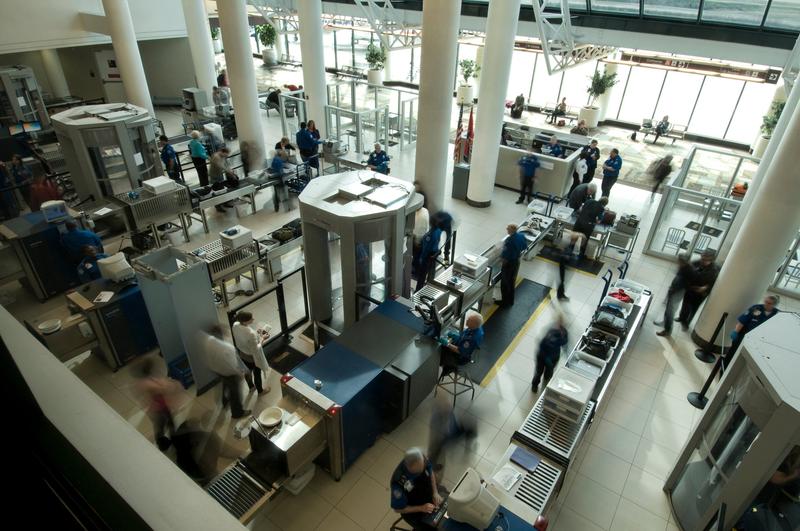
Reporting on a partial government shutdown is trickier than it might sound. The very people typically tapped to disperse public information can’t do it because they’ve been furloughed, deemed non-essential. And no one else feels obliged or allowed to speak to the media. But here’s what we know.
The impacts remain fairly minimal three weeks into the shutdown. Tennessee has an estimated 25,000 civilian employees of the federal government. But by far the largest group works for the Department of Veterans Affairs, which is unaffected by the shutdown. Fort Campbell also represents a substantial share of the civilian employees, and the Army post on the Tennessee-Kentucky line is operating as usual.
“The installation’s civilian workforce and civilian contractors continue to report to work in accordance with their work schedules and are being paid,” Fort Campbell director of public affairs Bob Jenkins wrote in an email.
Of the 800,000 federal employees affected by the partial shutdown, Tennessee is home to a relative few. The most public-facing impacts include parks, namely Great Smoky Mountains National Park, where one furloughed employee set up a GoFundMe account to help pay her bills. Land Between the Lakes has also largely shut down. Stones River National Battlefield is open but unsupervised.
The departments affected include Agriculture, Commerce, Justice, Homeland Security, Housing and Urban Development, Interior, State, Transportation and Treasury. And among those, Tennessee claims 6,500 employees, according to federal data compiled by Governing Magazine
Many of those employees, like Jason Wright of the National Weather Service in Nashville, are working without pay.
“I work with a gentleman whose wife has got to have some emergency surgery. Unfortunately he does not know if he is going to get paid,” Wright said. “It’s just a toll, a very dark rain cloud. There’s no sun on the other side.”
The Justice Department has furloughed some staff, including the spokesman for the Middle District of Tennessee. But U.S. Attorney Don Cochran has deemed others essential.
“Criminal litigation will continue without interruption as an excepted activity to maintain the safety of human life and the protection of property,” he wrote in an email. “Civil litigation will be curtailed or postponed to the extent this can be done without compromising to a significant degree the safety of human life or the protection of property.”
Under the same umbrella, federal courts are operating as usual for the moment and all of the roughly 100 staffers are getting paid, but only until the end of next week, when funding begins to run out.
“We hope that this will be resolved before Jan. 18, but if it’s not, then the court will go into an emergency mode and designate emergency personnel,” said Vicki Kinkaid, acting court clerk.
State Agencies Feel Federal Funding Loss
The biggest concern among state agencies that administer federal funding is for the 128,000 women and children who receive vouchers for baby formula and other nutrition assistance. The Tennessee Department of Health has warned that it only has money for the Women, Infants and Children Program to last through the end of January.
Recipients and retailers have been instructed to continue using the so-called WIC vouchers as normal for now.
The Tennessee Department of Transportation has had to slow roughly $100 million worth of projects, according to spokeswoman B.J. Doughty. Those projects were supposed to go out for bid in February, but that requires federal authorization before the contracts can be scheduled. Instead, the projects will likely be put out for bid in April, assuming the shutdown ends soon.

